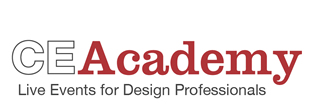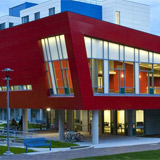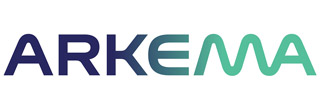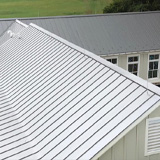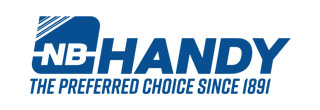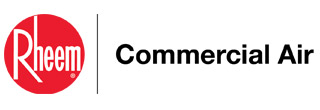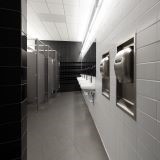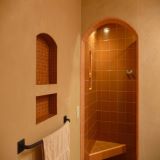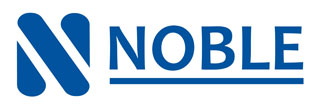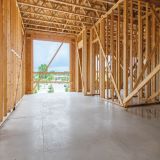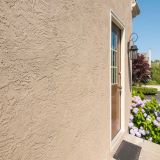JOIN US IN YOUR CITY • REGISTER BELOW • ATTENDANCE REPORTED ON A PER-PRESENTATION BASIS
Orlando, FL - Thursday April 13, 2023

Orlando, FL
Event Date
Thursday April 13, 2023
7:30 am - 5:30 pm
Available Credits
Up to 8 AIA HSW/LU CE Hour(s)
Up to 1 GBCI General Hour
Up to 2 FABC CE Hour
Up to 1 IDCEC HSW CEU(s)
Up to 1 RCEP PDH(s) for Engineers
Maggiano's Little Italy
9101 International Dr.
Orlando, FL 32819
Orlando, FL 32819
Event Agenda
Thursday, April 13, 2023
7:30 am
|
|
8:00 am
|
Sponsored By Arkema, Inc. 1 AIA HSW/LU CE Hour(s) Learning Objectives:
|
9:10 am
|
Sponsored By NB Handy 1 AIA HSW/LU CE Hour(s) Learning Objectives:
|
10:20 am
|
Sponsored By Rheem Commercial Air 1 AIA HSW/LU CE Hour(s) 1 RCEP PDH(s) for Engineers Learning Objectives:
|
11:30 am
|
Sponsored By Excel Dryer, Inc. 1 AIA HSW/LU CE Hour(s) 1 GBCI General Hour 1 IDCEC HSW CEU(s) Learning Objectives:
|
12:30 pm
|
|
1:00 pm
|
Sponsored By Noble Company 1 AIA HSW/LU CE Hour(s) Learning Objectives:
|
2:10 pm
|
Sponsored By Huber Engineered Woods 1 AIA HSW/LU CE Hour(s) Learning Objectives:
|
3:20 pm
|
Sponsored By SIKA Corportation 2 AIA HSW/LU CE Hour(s) 2 FABC CE Hour Learning Objectives:
|
State CE Requirements
|
Florida Board of Architecture and Interior Design (850) 487-1395 Renewal Cycle: Biennial Total Hours Required: 24 Detailed Hours Required: 22 HSW, 2 Florida building code Renewal Deadline: December 31st even years |
